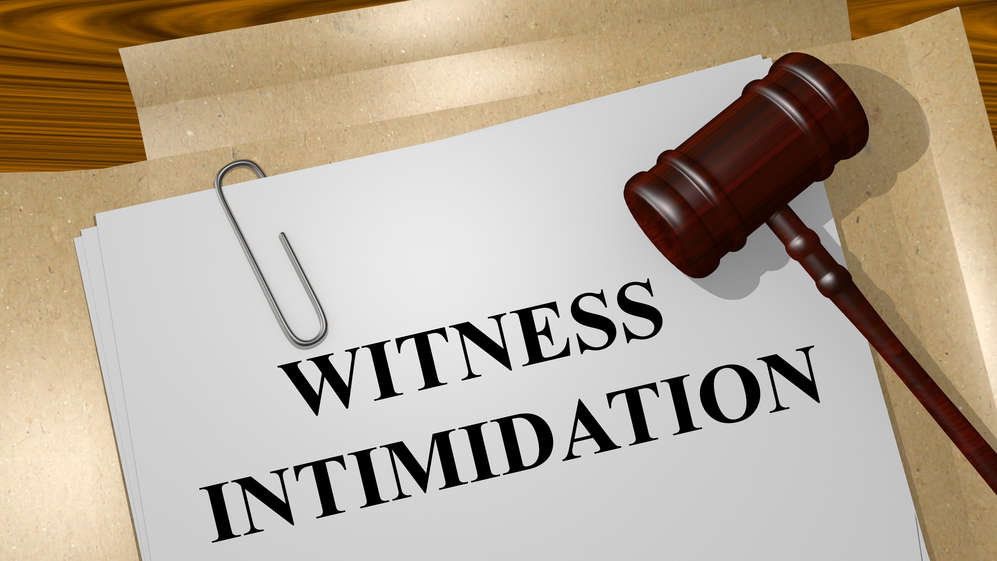The intimidation of witnesses or survivors of a crime is not new in India; it did not begin with the alleged gang rape and death of the Dalit girl in Hathras. In that case, however, the family complained of pressure from the district magistrate, while a senior police officer claimed that there was no rape. The role of the State is blatant here, but the State’s passivity is evident in the fact that no system of witness protection is operative although a scheme for it was evolved in 2018 — astonishingly late, especially compared to many other countries. The Citizens for Justice and Peace, a non-governmental organization fighting for witness protection, has filed an intervention application in the Supreme Court asking, among other things, that witnesses in the Hathras case be given protection by Central paramilitary forces and the trial be moved to Delhi. A law against criminal intimidation of witnesses was introduced in 2006: it has not stopped murders, abductions and threats to witnesses, as in the Asaram case — they led to the formulation of the witness protection scheme in 2018 — or in the 2017 Unnao rape case, or the murder of the rape survivor of 2019, when she was going for a hearing. Threats to life and property, and imprisonment of witnesses on some charge or other, are easiest when the criminals come from dominant castes or sections of society and the victims are marginalized or underprivileged. A Human Rights Watch report of 2017 confirms this in the case of sexual crimes. Had the State wished to correct this imbalance of power and ensure justice, a witness protection programme would not have been lacking.
Witnesses are supposed to be the eyes and ears of the justice system; with nothing to protect them from fear of death, loss or injury, numerous criminal cases in Indian courts end in acquittals because witnesses turn hostile. The process of justice should include the assessment of threat perception to witnesses and methods of protection, such as change of name and address if necessary, and a determination of the period of protection. India’s unequal society and the links of many politicians with criminals demand investment in, and trained manpower for, witness protection. The State’s lethargy in this matter cannot be regarded as innocent.










